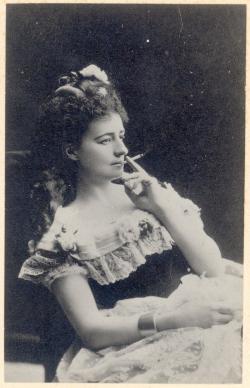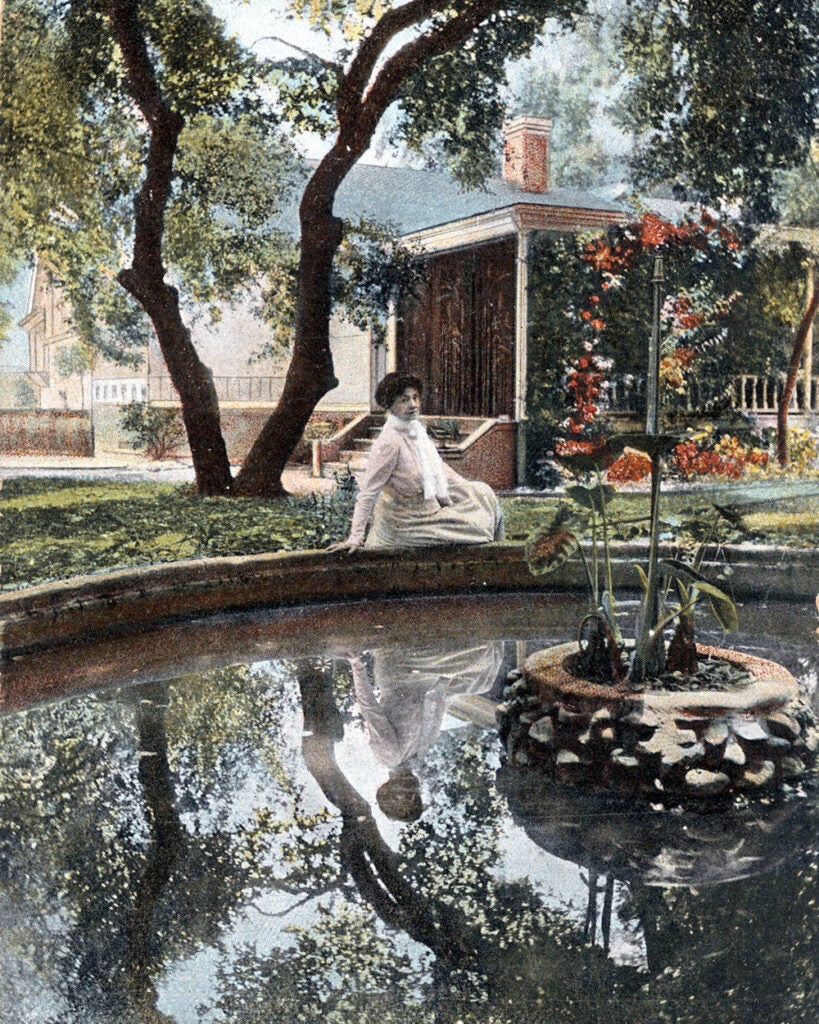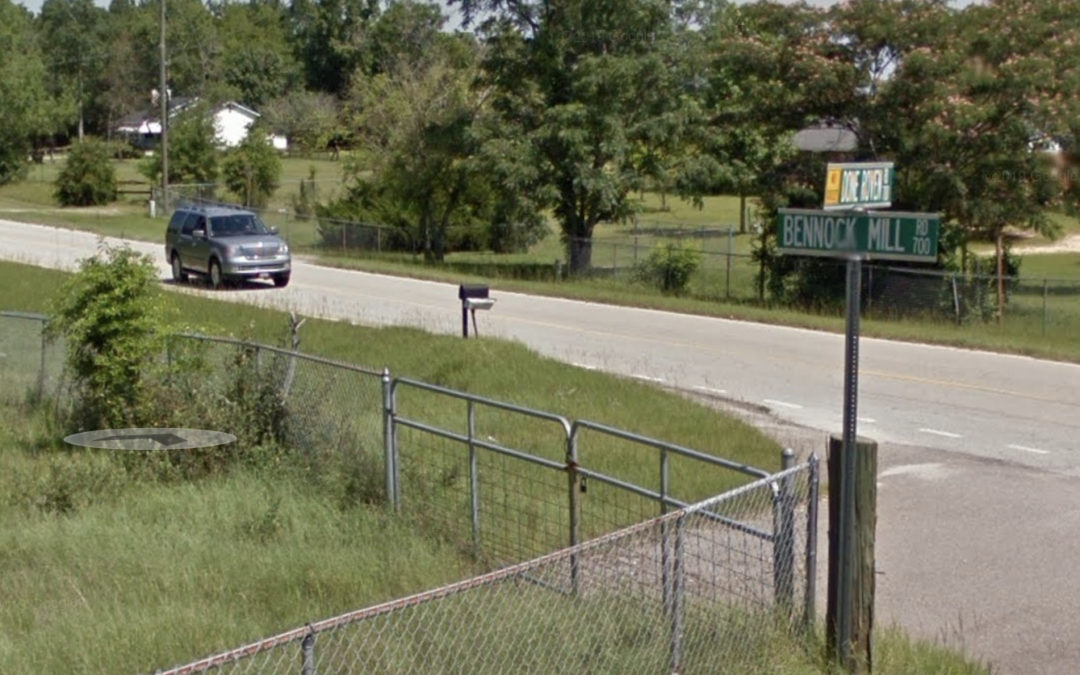The Modjeska Theatre has not operated as a proper theater since 1977, but its unique Persian-Moorish architecture remains a noted sight on Broad Street.
While most Augustans know about the Modjeska, they do not necessarily know of the old theater’s namesake. The theater was named for Polish superstar Madame Helena Modjeska, but she never actually performed in the building.
MORE: Clifton wins District 131 runoff in Columbia County
In fact, Modjeska died in 1909, two years before the theater opened.

According to the Helena Modjeska Foundation, Modjeska was born in 1840 to a middle class family in Krakow, Poland; she would later gain international fame as a Shakespearian actress.
Modjeska amassed a fortune touring Poland, but by 1876, she began to increasingly loathe her massive fame and longed for a simple life. She was also not fond of the emerging socialist and nationalist movements that were spreading like wildfire in her native land.
At the time, Poland was dominated by the Russians, theater shows were heavily censored and Modjeska feared a civil war was on the horizon.
Count Bozenta, Modjeska’s husband, suggested they abandon Europe altogether and immigrate to America. The couple then persuaded five other families with artistic backgrounds to immigrate along with them.
According to the Modjeska Foundation, one member of the group was future novelist and Nobel laureate Henryk Sienkiewicz.
After making a trans-Atlantic voyage, the group migrated all the way to California in the days before the transcontinental railroad opened.
Upon arrival, Modjeska purchased a giant plot of land in Orange County, Calif. with the intention of operating a ranch; the plot of land was nearly a day’s carriage ride from any town.
However, one problem became apparent shortly after the group arrived: none of them knew the first thing about farming, hunting or raising cattle, and no one in the group spoke English.
Modjeska built a magnificent mansion on the property, but with the ranch producing nothing, her fortune began to dwindle.
Rather than give up her beautiful property and accept failure, Modjeska decided to learn English and go back to work on the stage.
Vaudeville had become very popular throughout America, and when Modjeska made the trek from the West Coast to the East, she became an instant sensation billed as the “famous Madame Modjeska of Poland.”
In America, Modjeska became what we might call the 19th Century’s version of Taylor Swift and audiences flocked to watch her perform some of the greatest plays with her subtly emotive performances featuring her vocal accent that made her seem exotic, according to the newspapers at the time.
Oscar Wilde had this to say about Modjeska when commenting on his poem ‘Sen Artysty; or the Artist’s Dream.’
“If there is any beauty in this poem it is the work of the subtle imagination and passionate artistic nature of Mme. Modjeska. I myself am but a pipe through which her tones full of sweetness have flown.”
Another thing that set Modjeska apart from her acting contemporaries was that she enjoyed performing for smaller, more intimate venues. Instead of bypassing smaller cities in favor of large venues, Modjeska added small opera houses to her tour.
Madame Helena was also known for her grace and down-to-Earth demeanor; she was talented, famous and wealthy, but she was no diva.

Modjeska came to Augusta in 1879, according to Ed Cashin in his book, The Story of Augusta. Modjeska performed in “Camille” on-stage at the Opera House. However, Cashin notes that the crowds were just as awed by her palatial Pullman Car sitting at the Central Train Depot as they were with her performance.
Her performance was so good that people in Augusta 30 years later were still talking about it and decided to honor her when the new theater was built.
Modjeska would retire a second time and finally got to enjoy her property that she called “Arden.” The historic home and beautifully manicured gardens are now a California state park.
The Modjeska Theatre in Augusta is the only theater in America named for the pioneering star and she is buried, along with her husband, in their native Poland where she is considered a national patriot and heroine.
…And that is something you may not have known.
Scott Hudson is the Senior Investigative Reporter and Editorial Page Editor for The Augusta Press. Reach him at scott@theaugustapress.com












